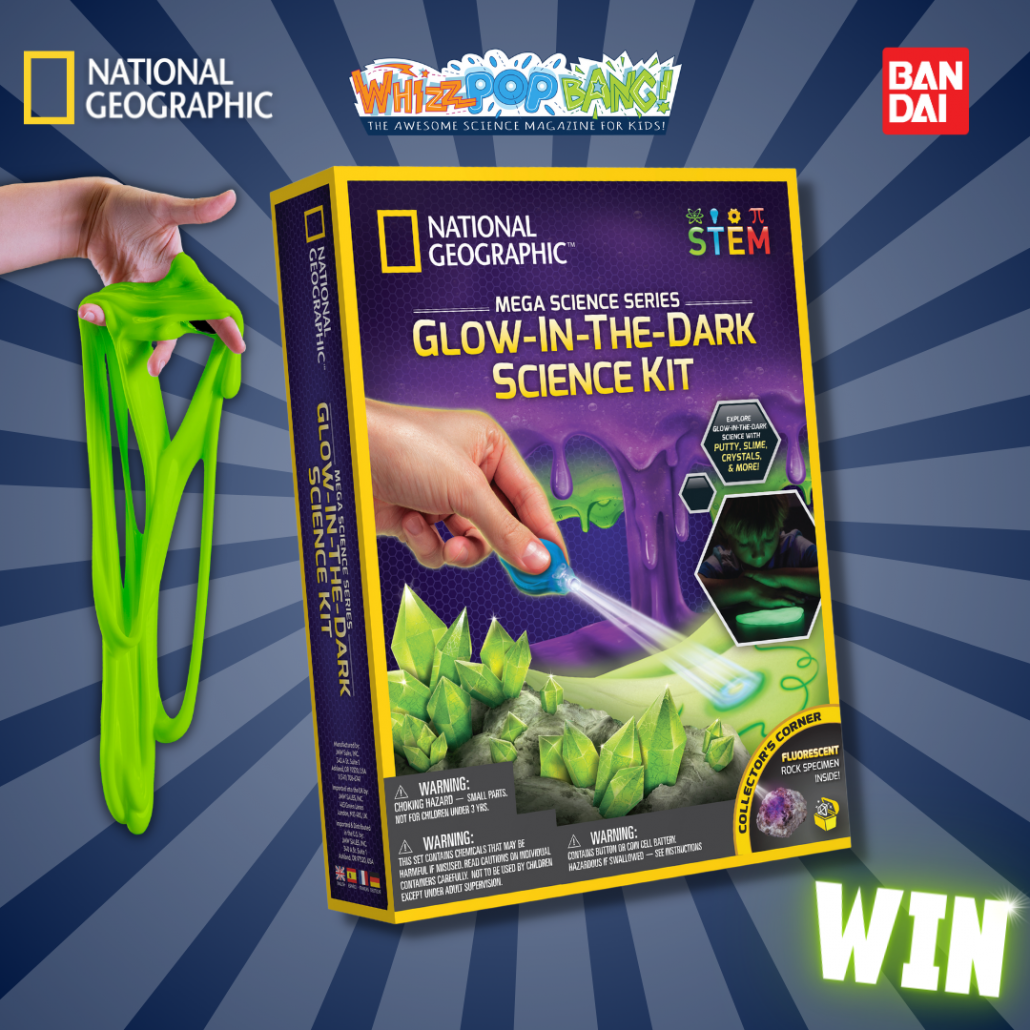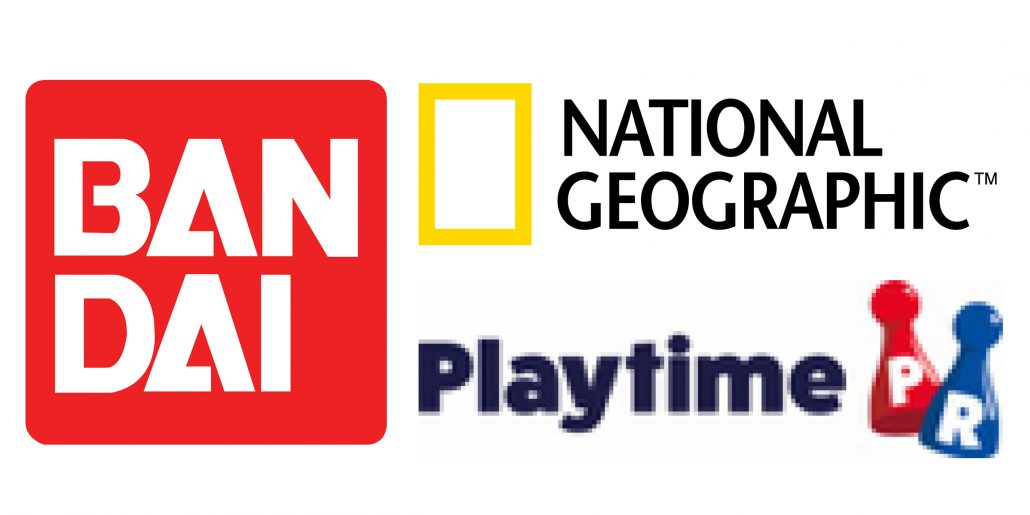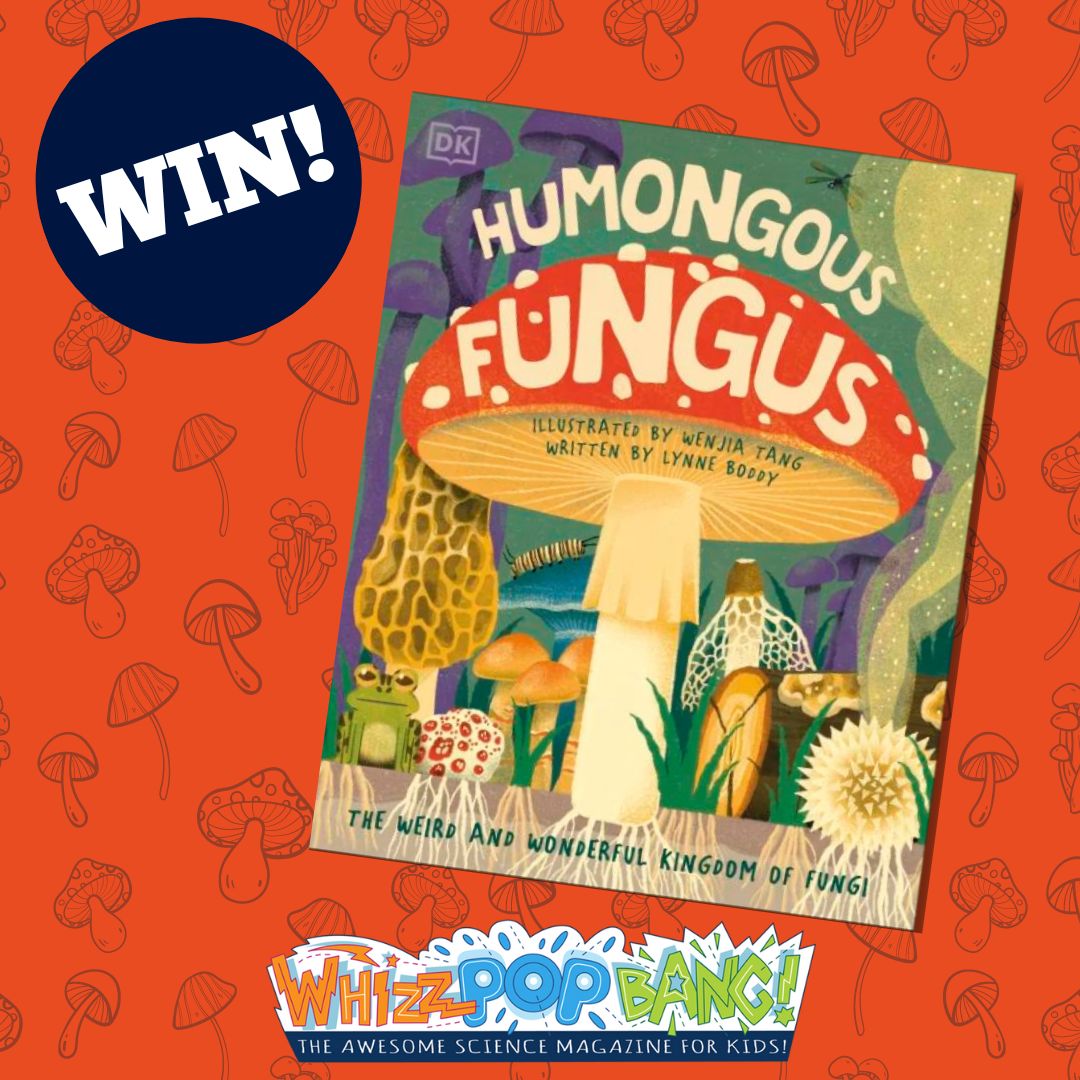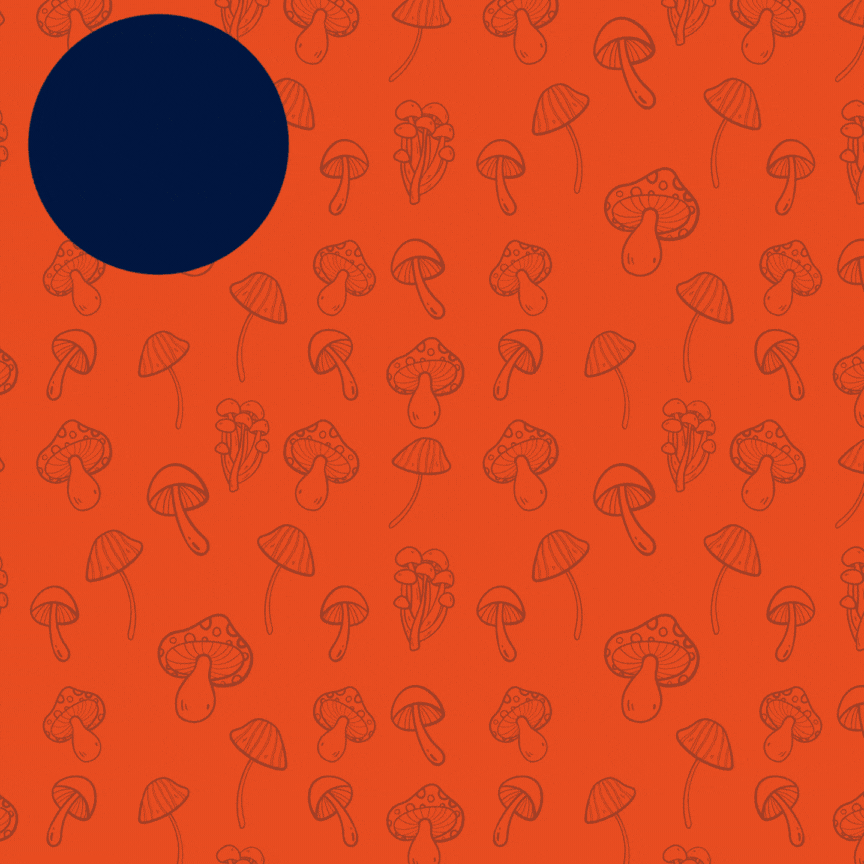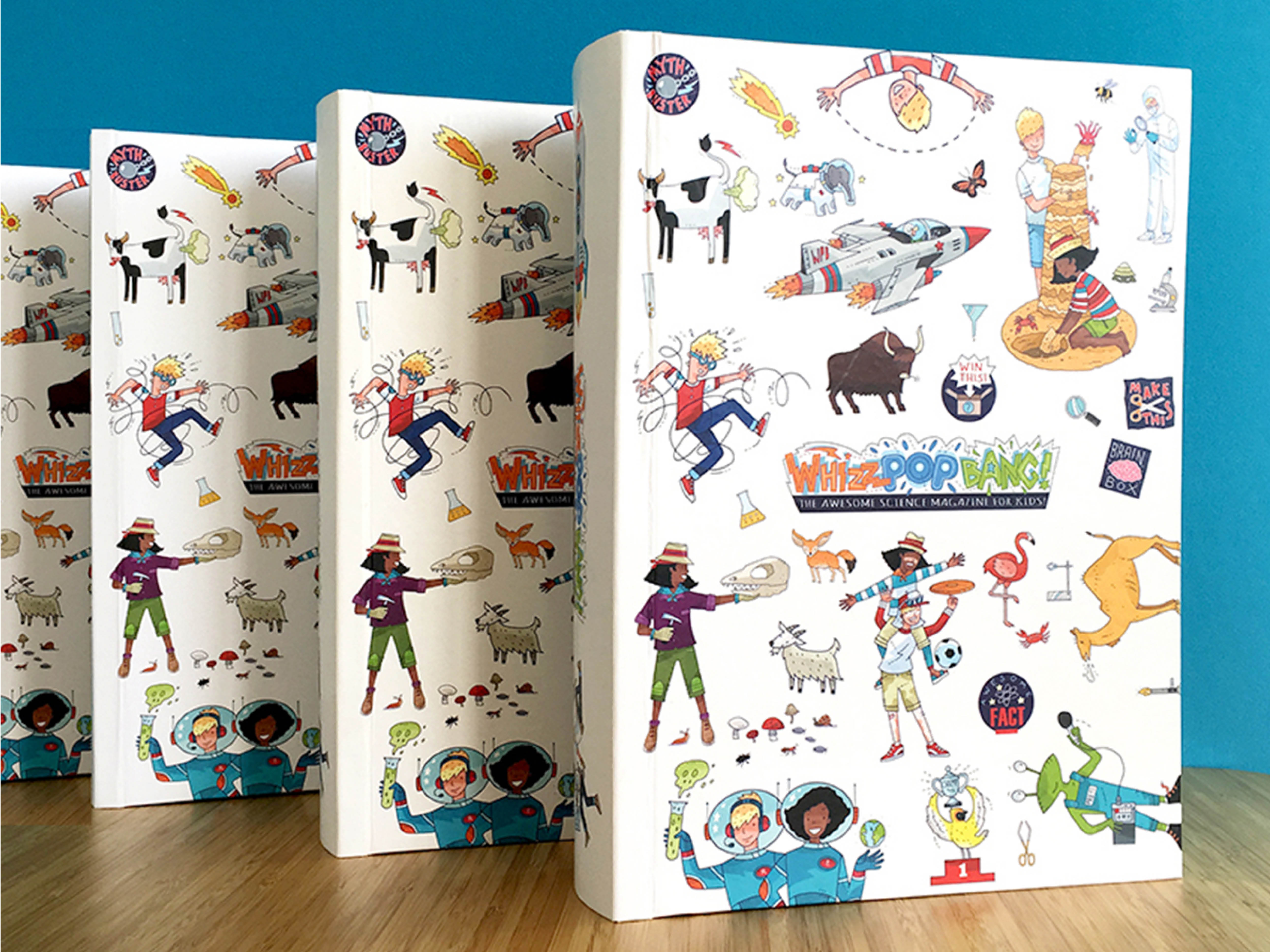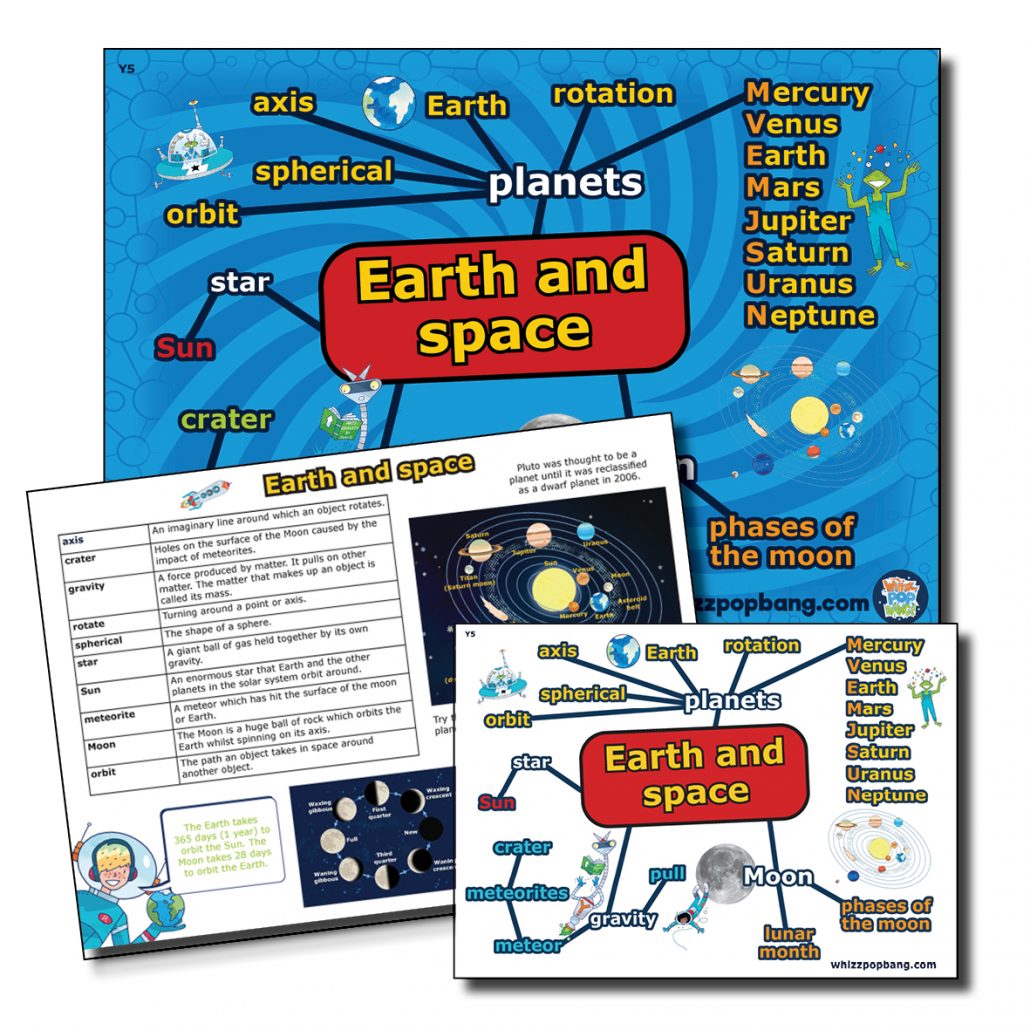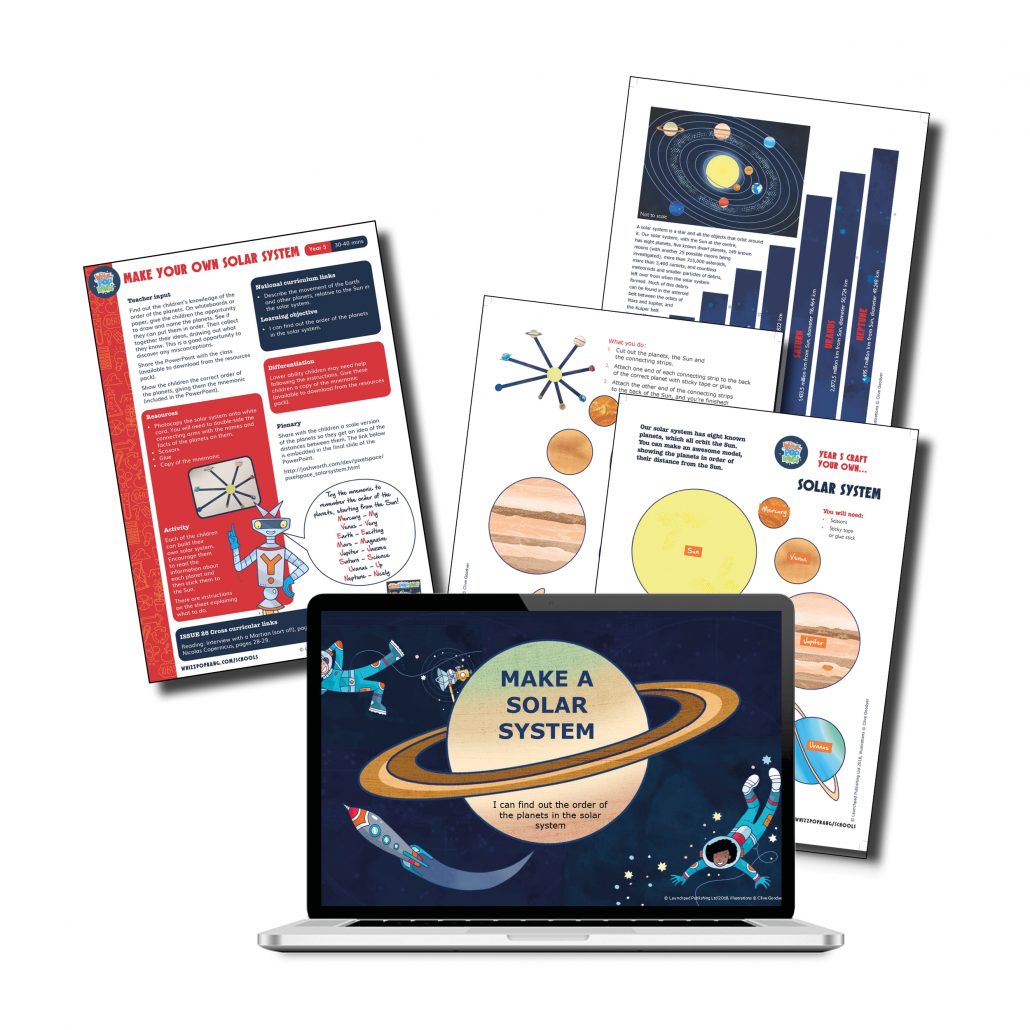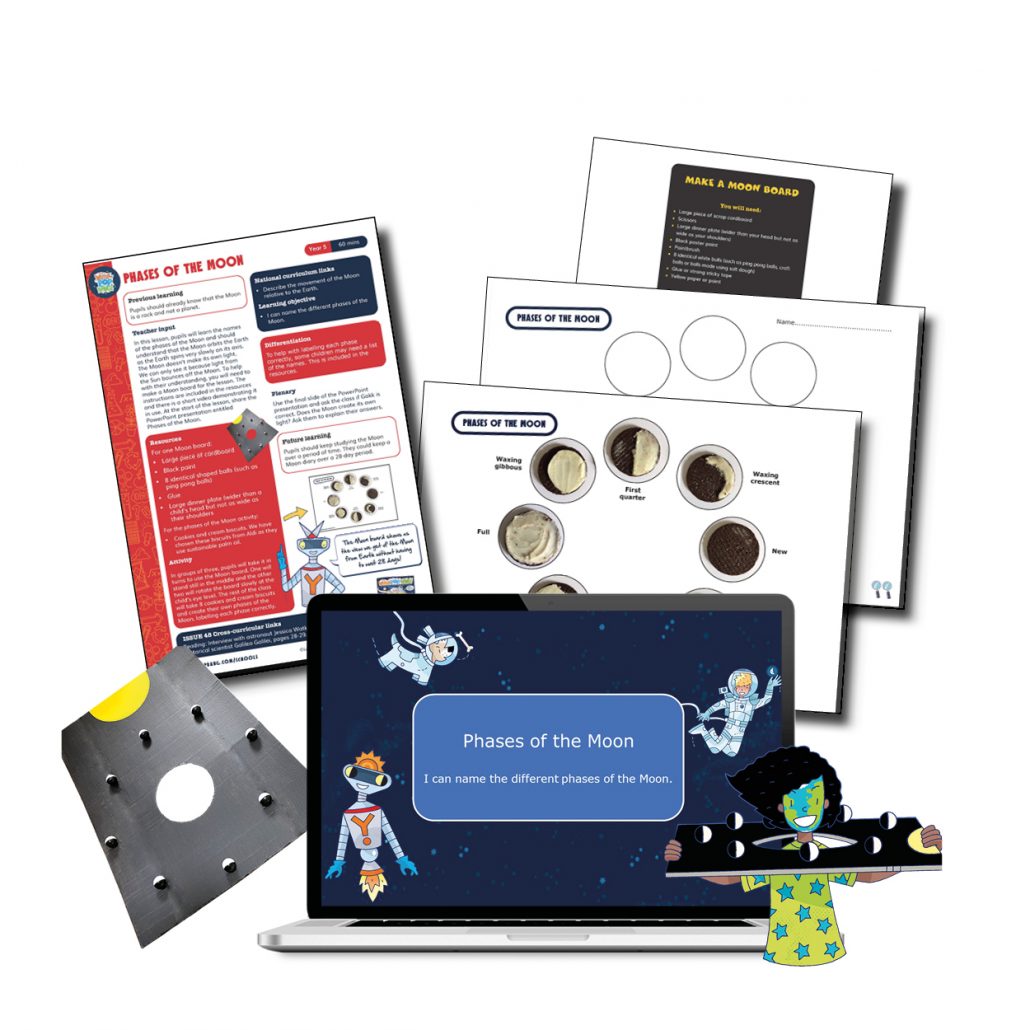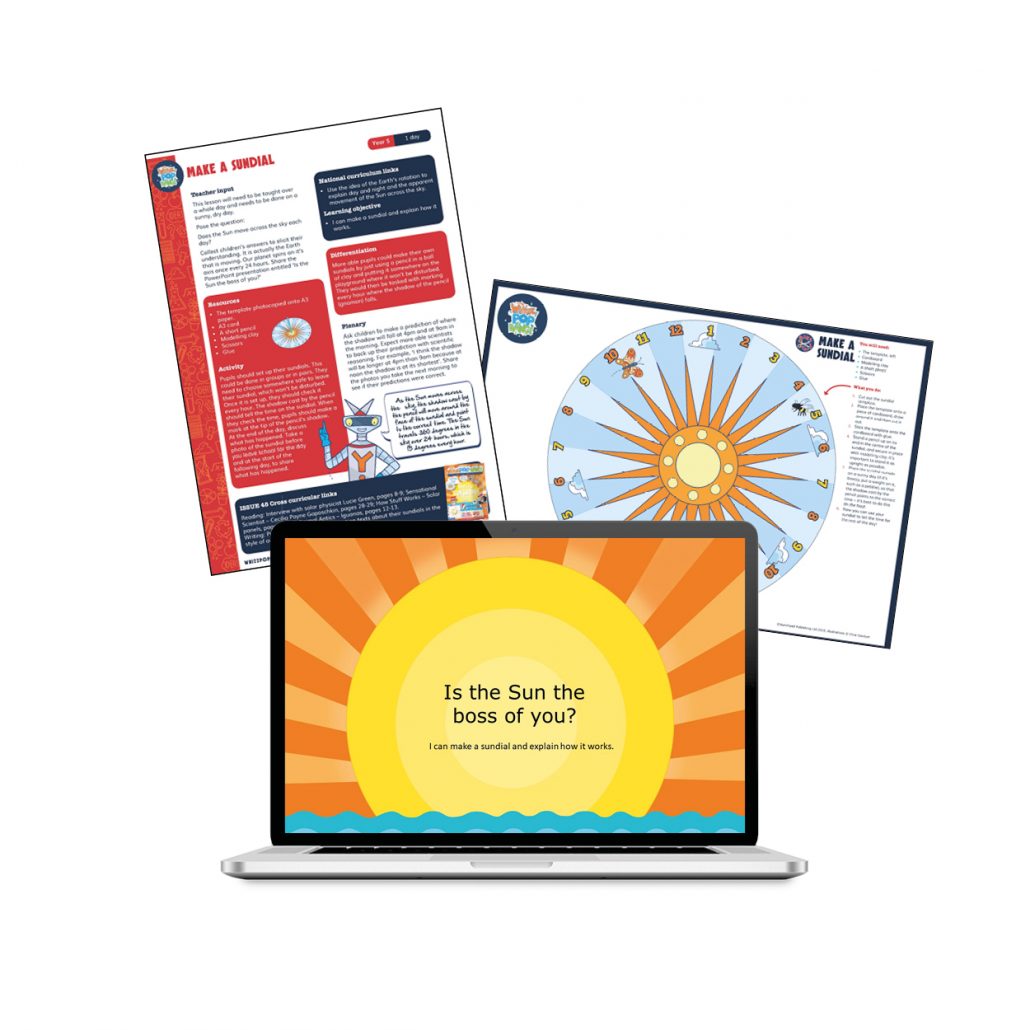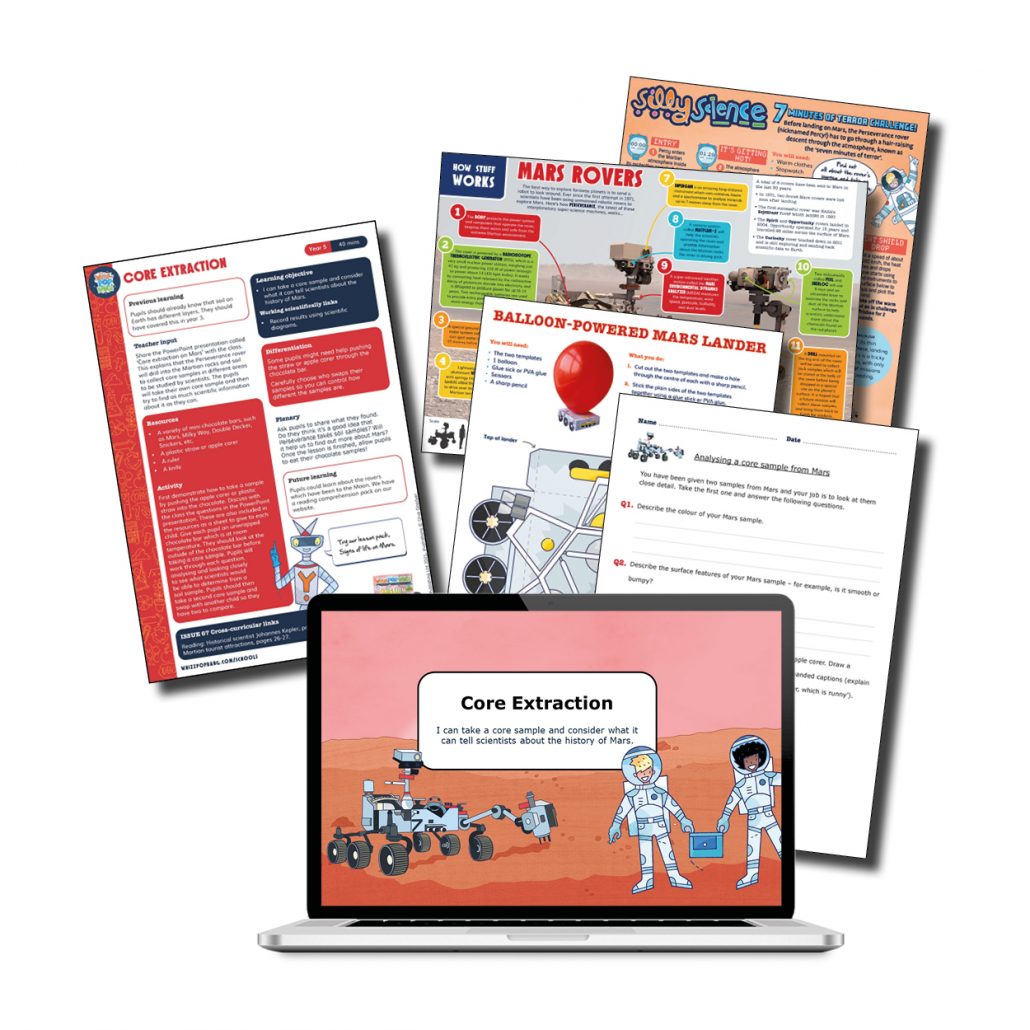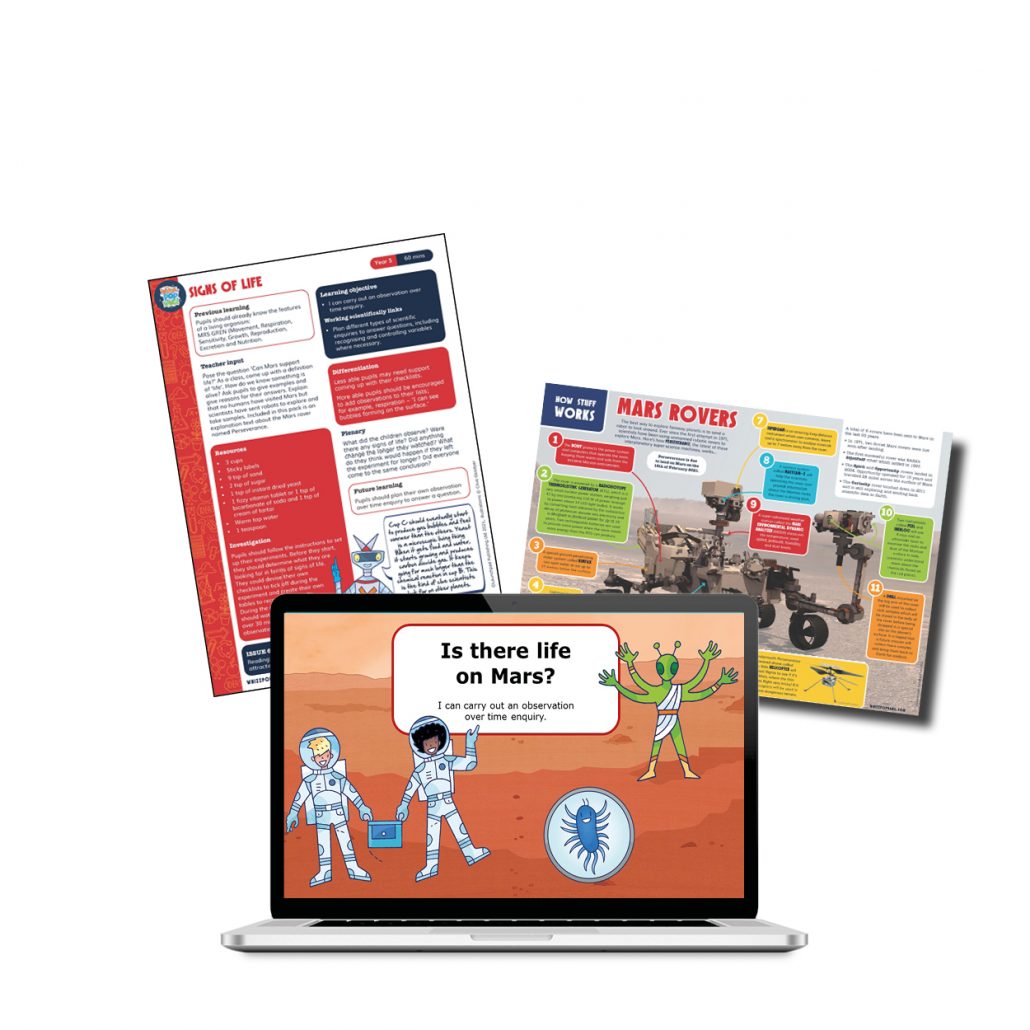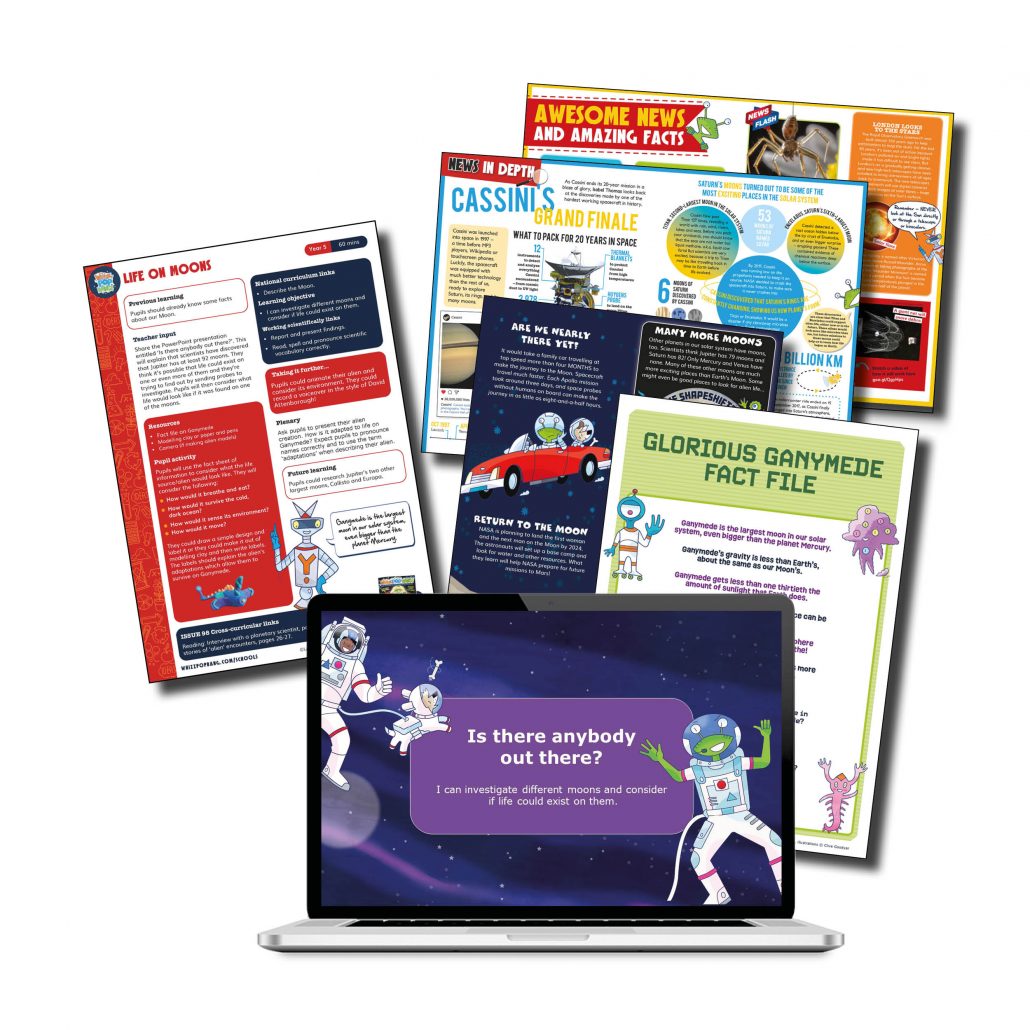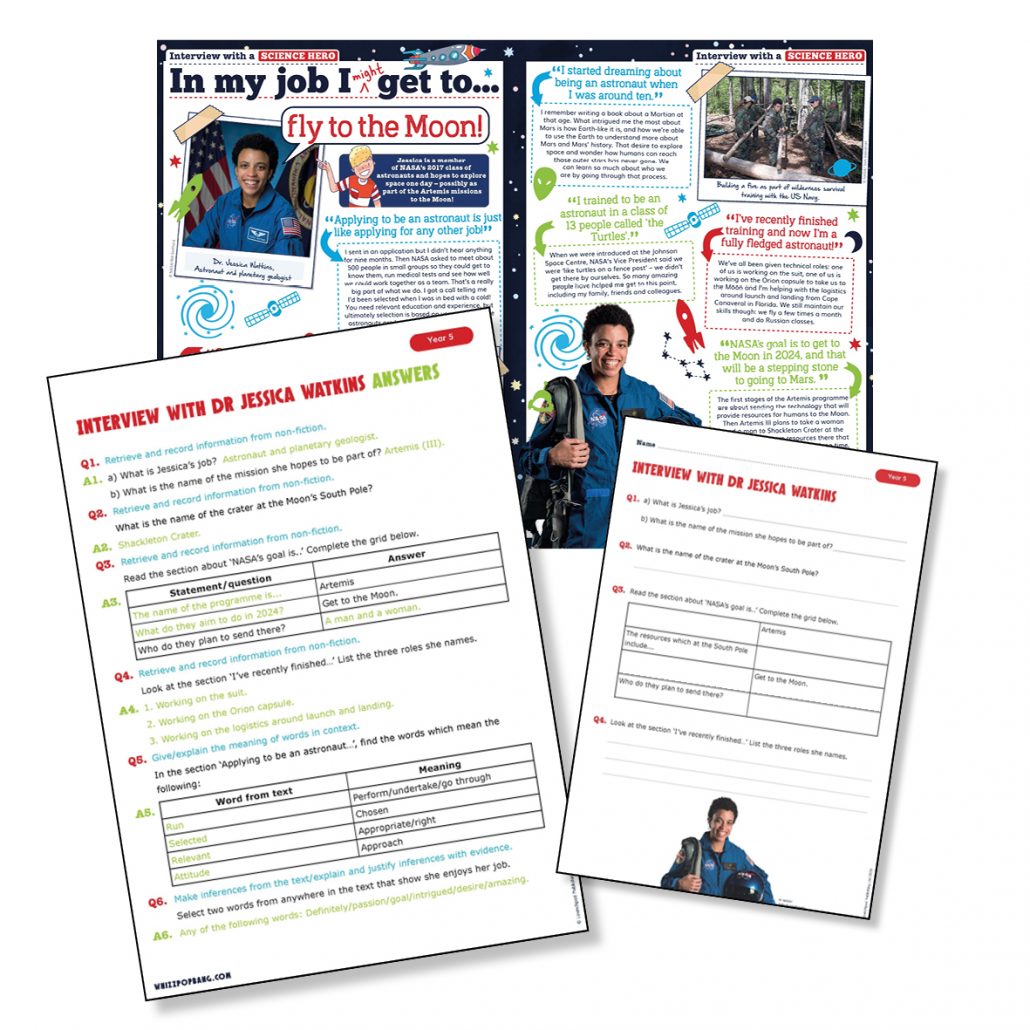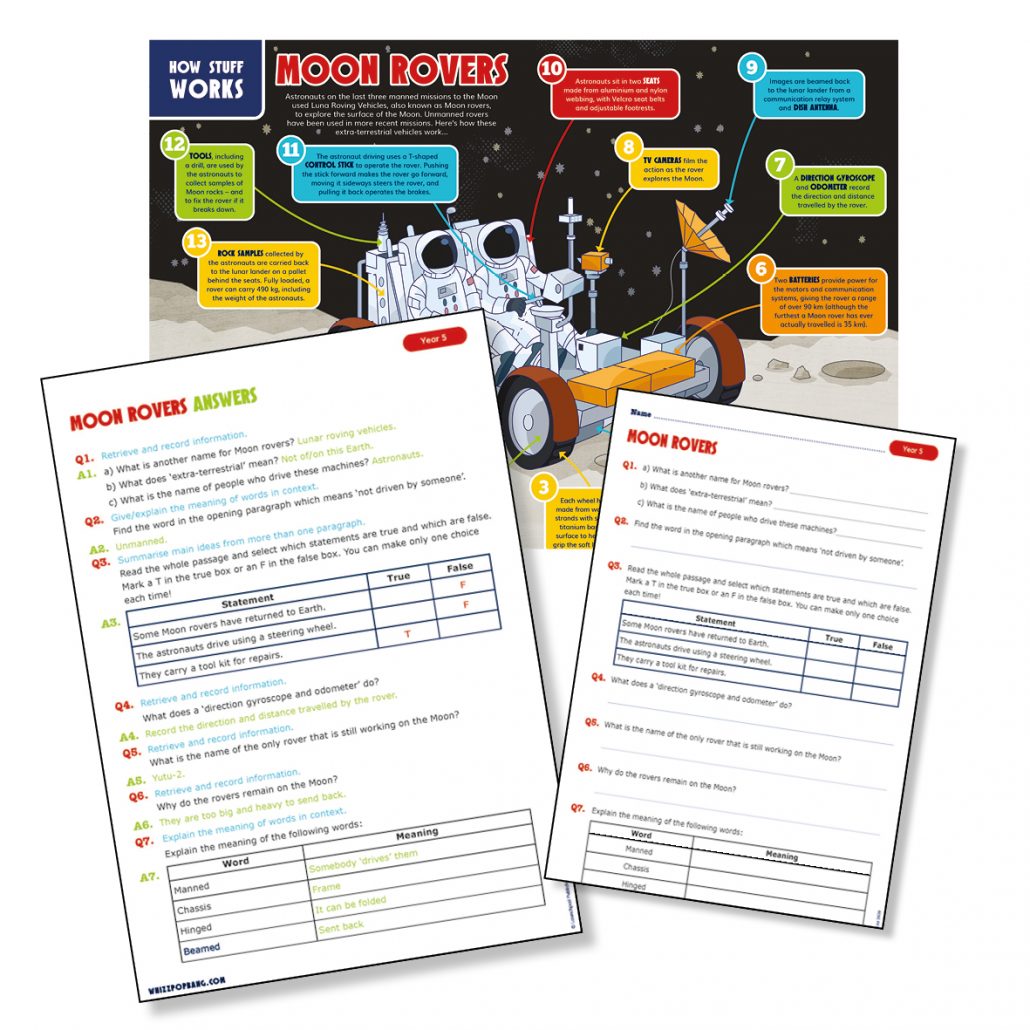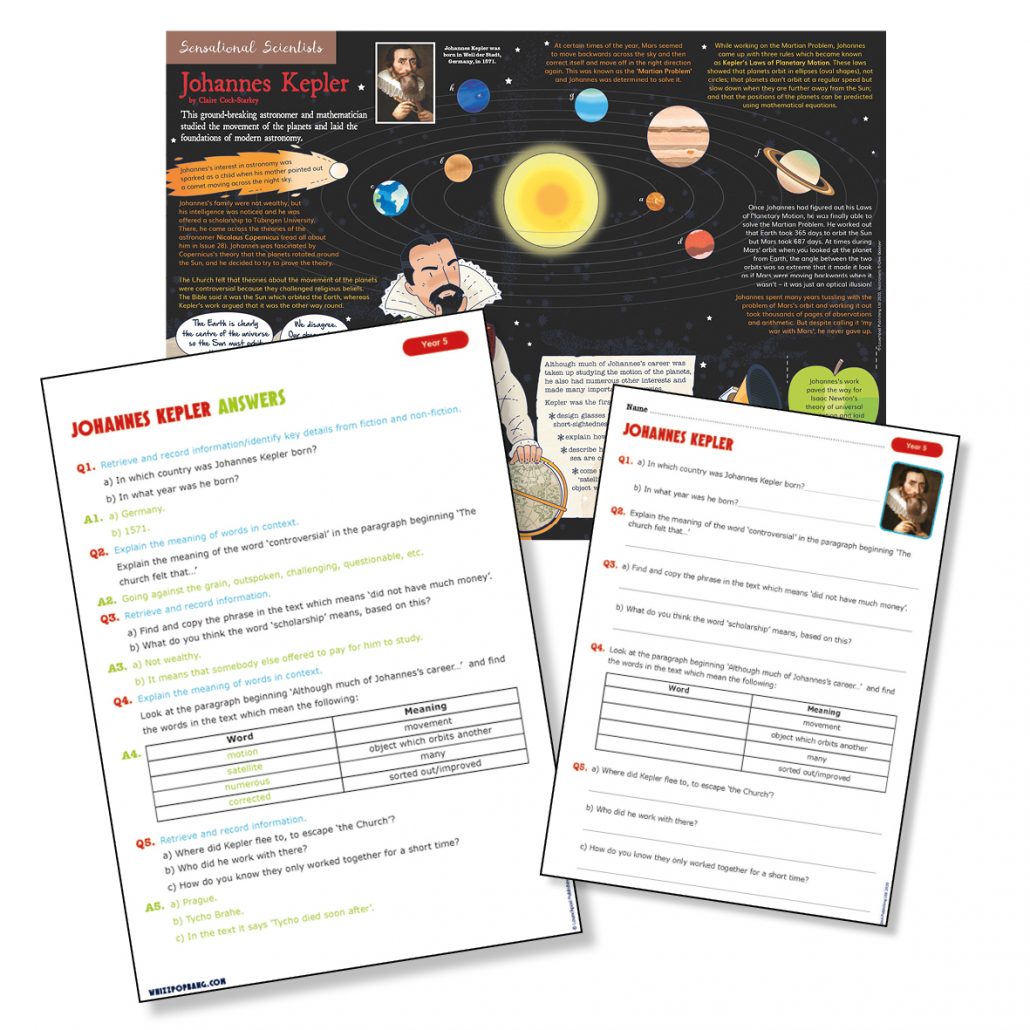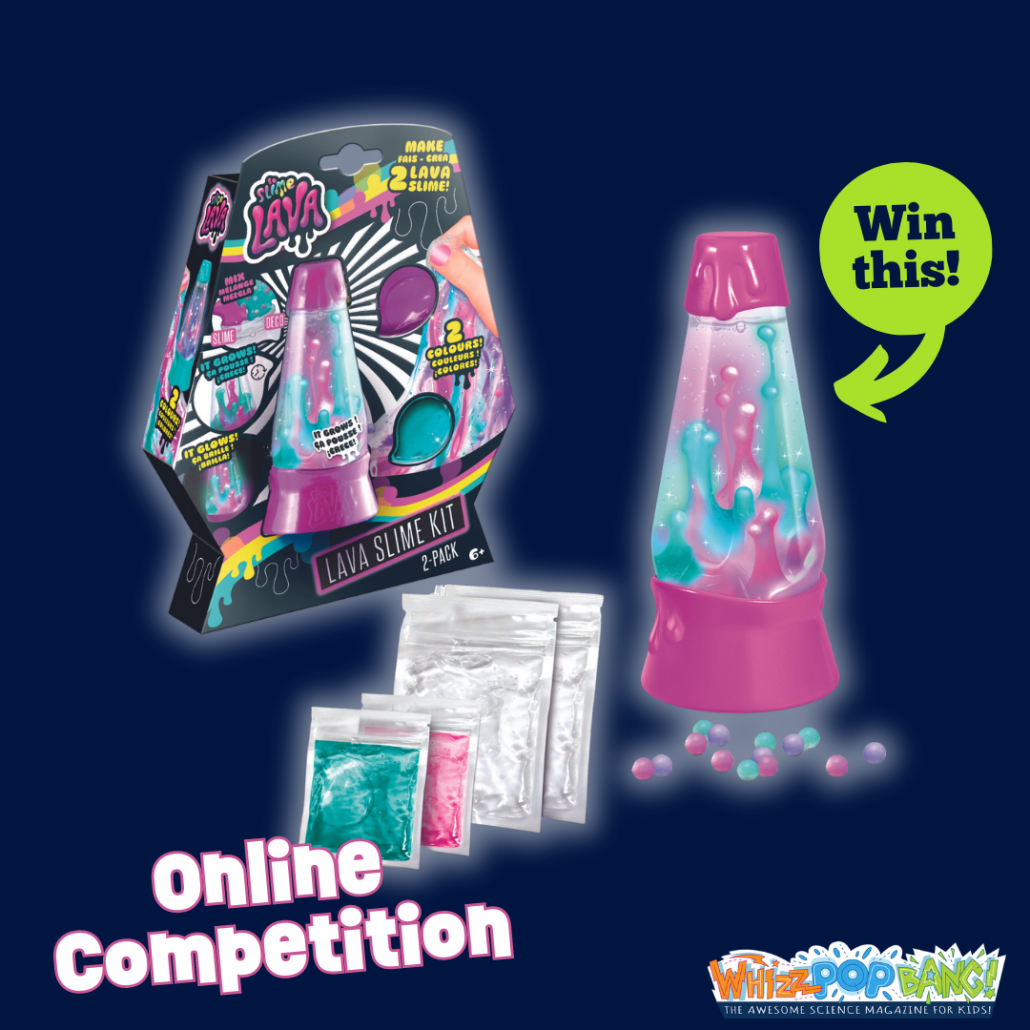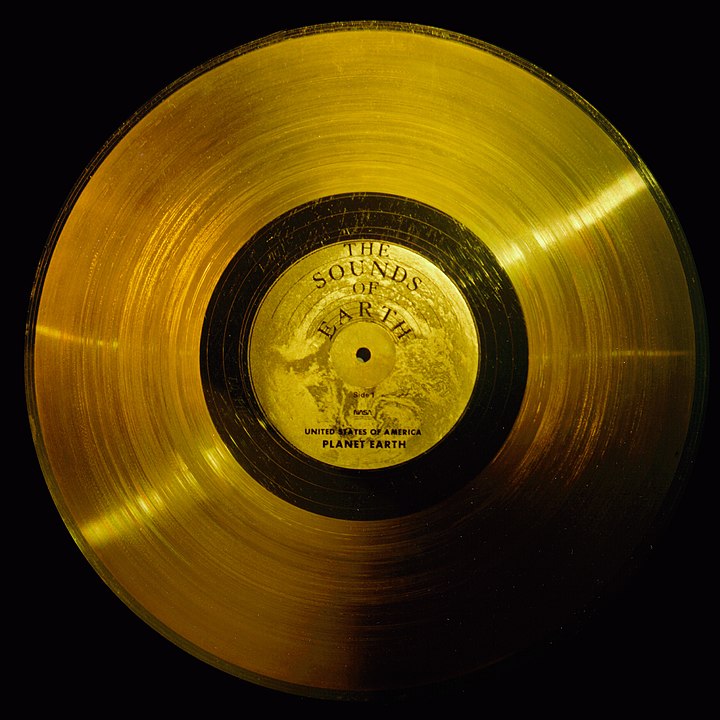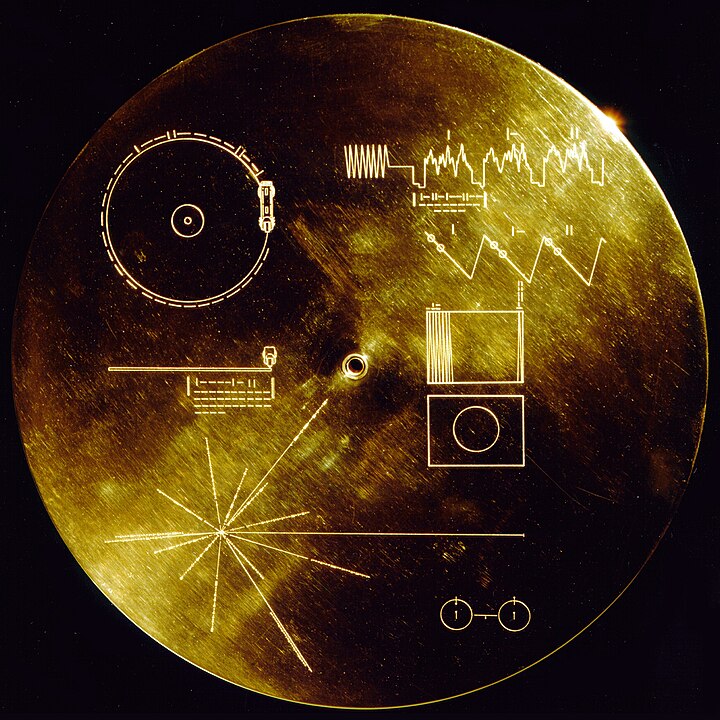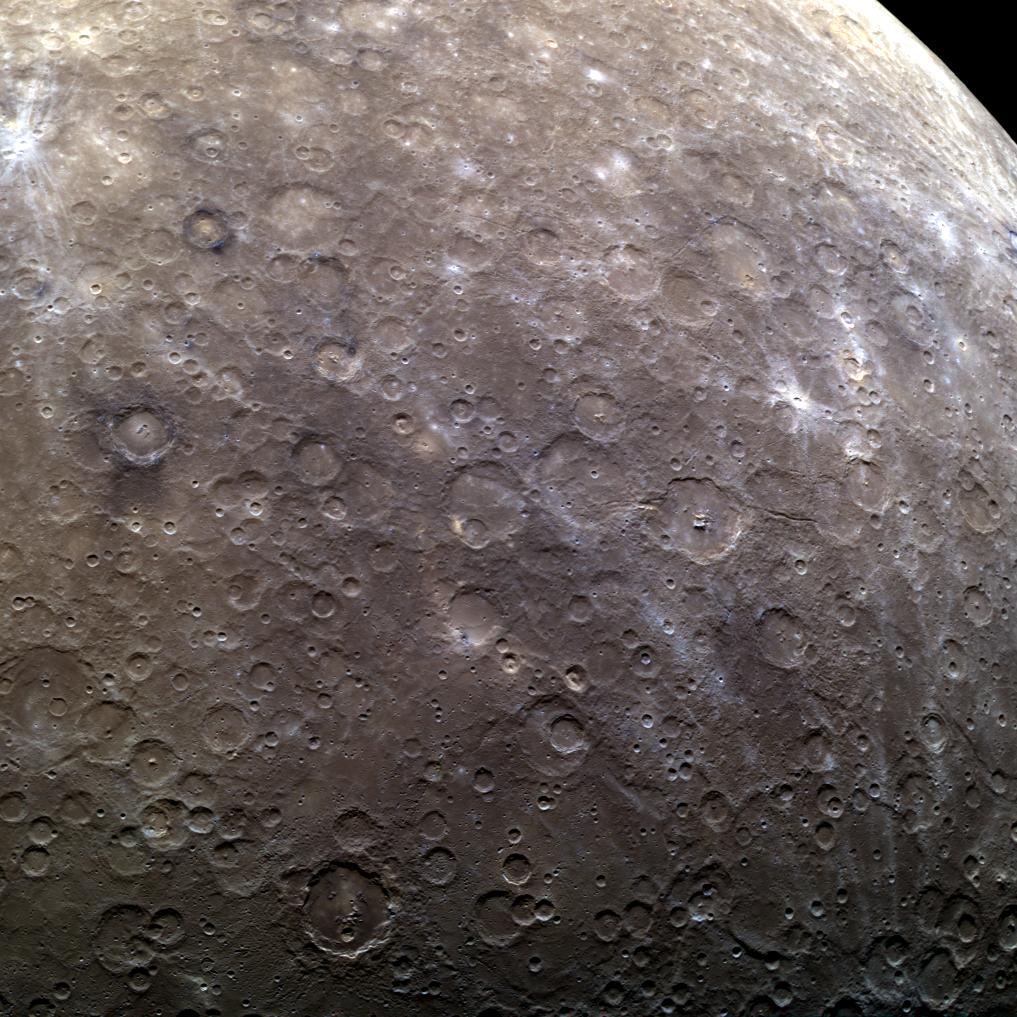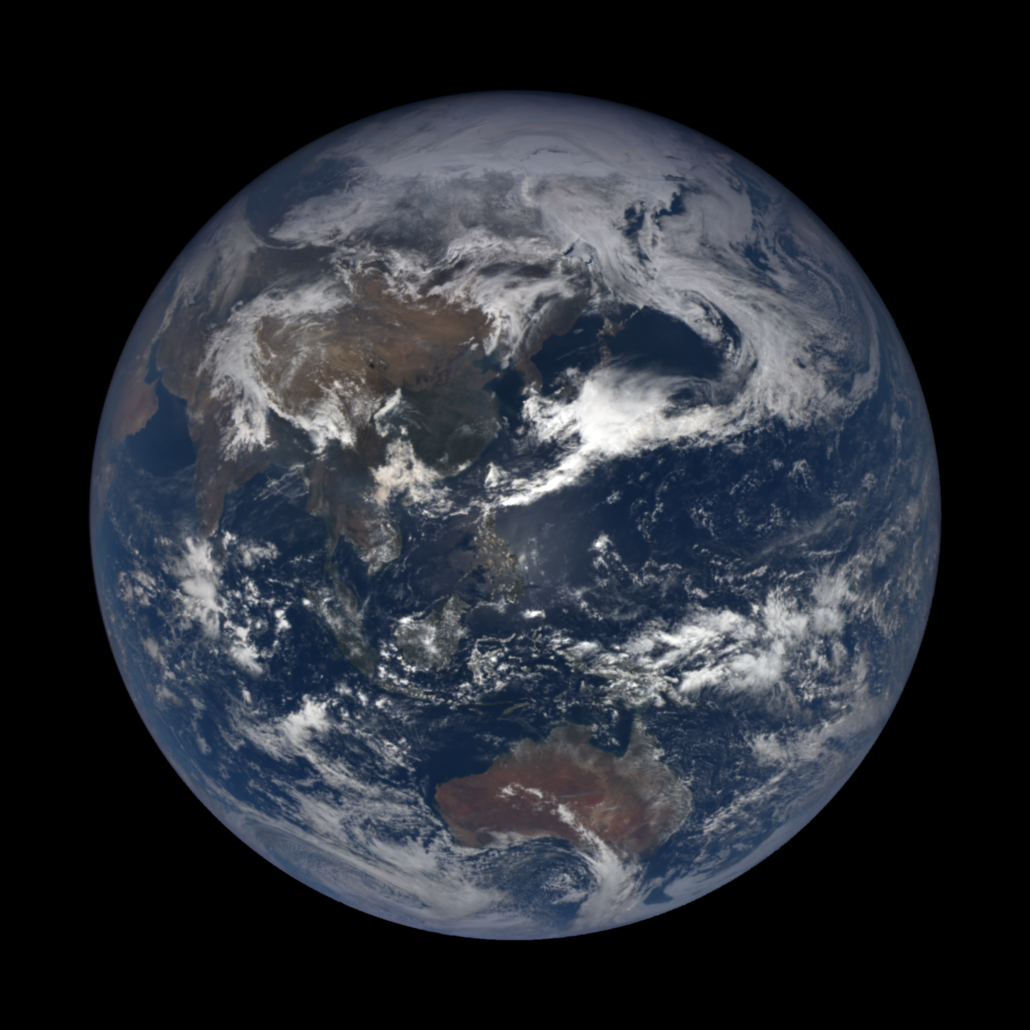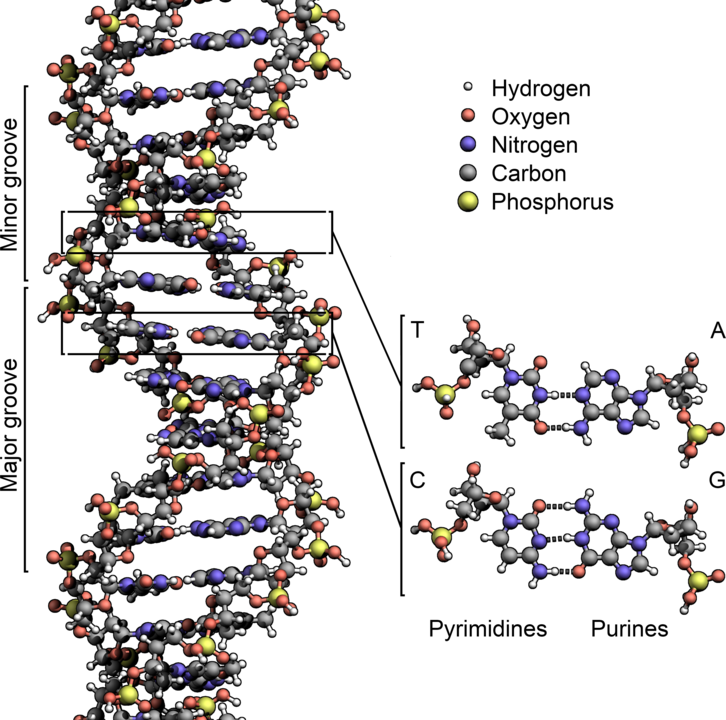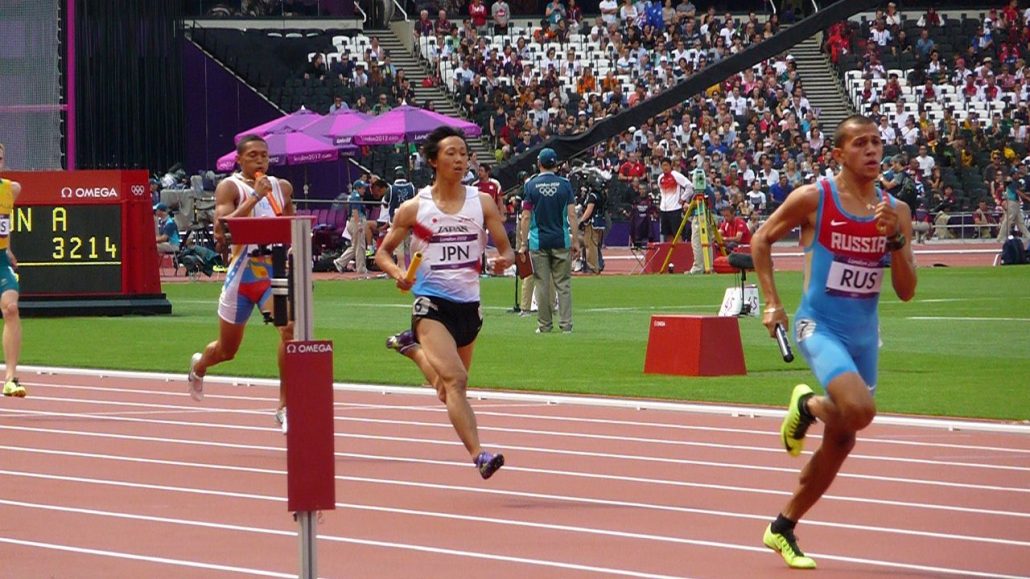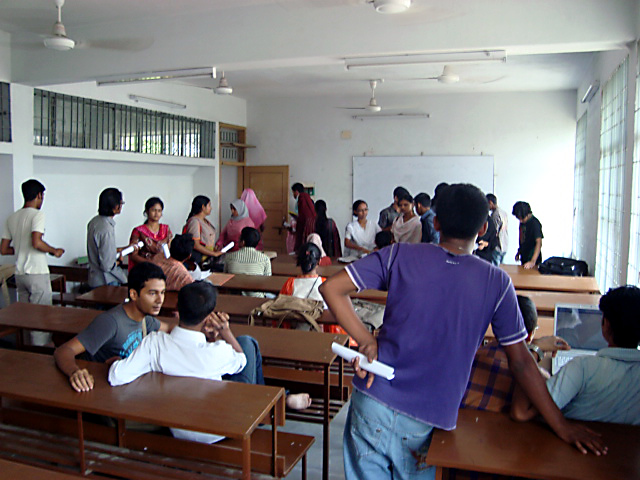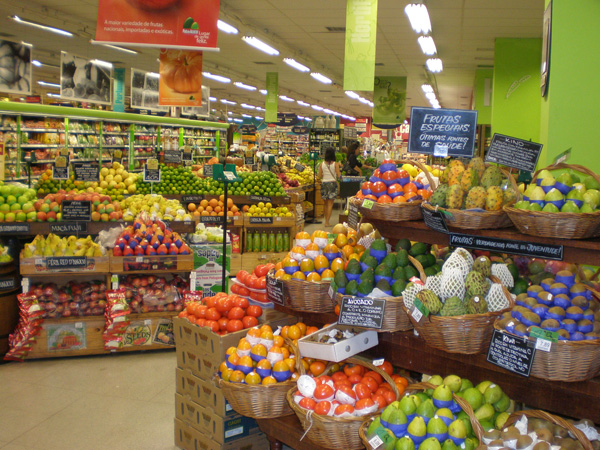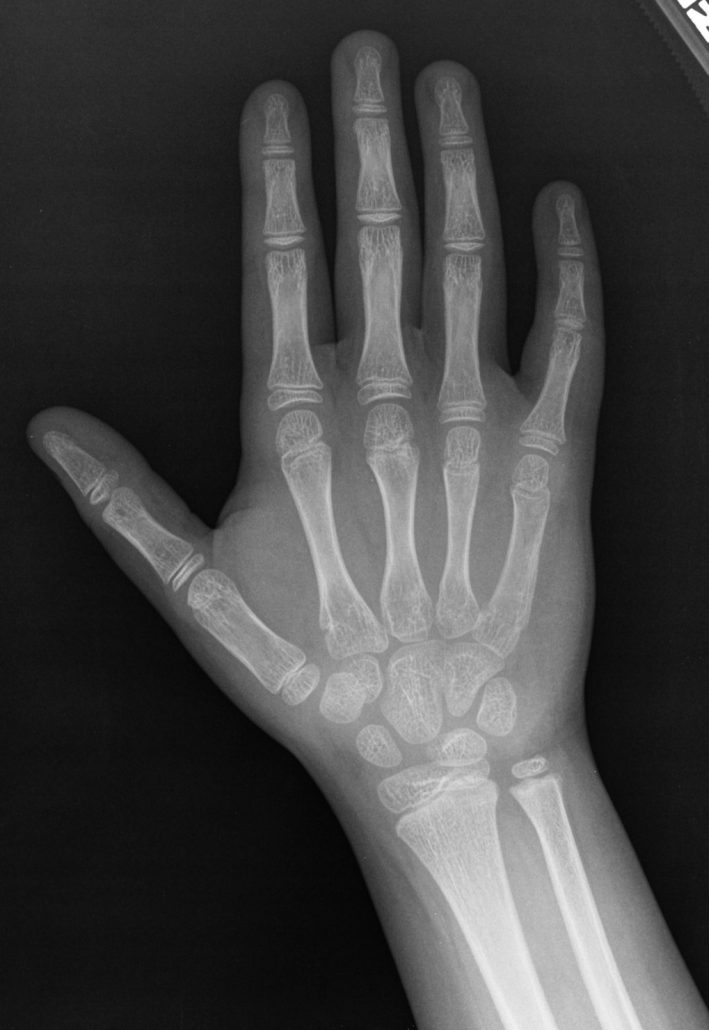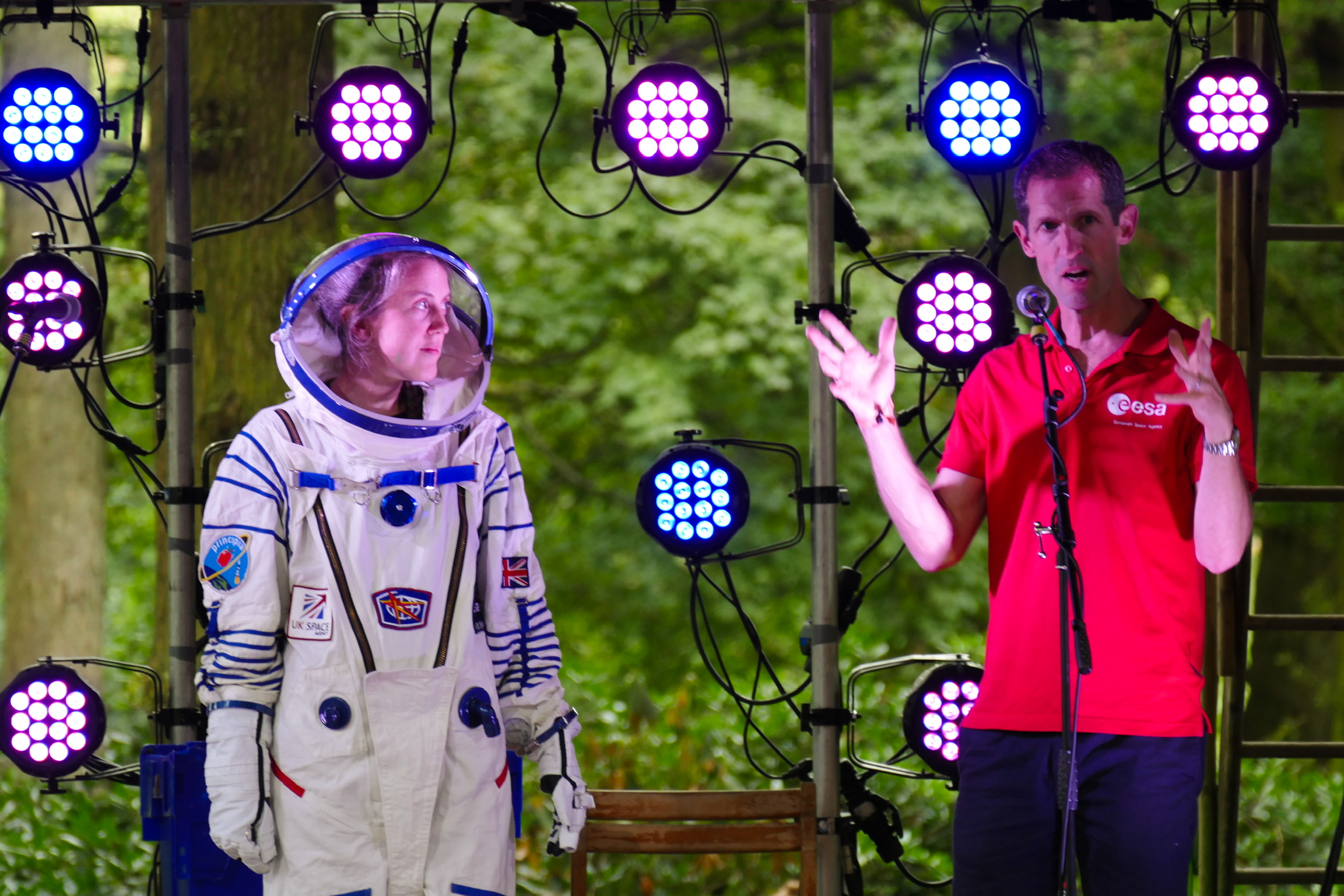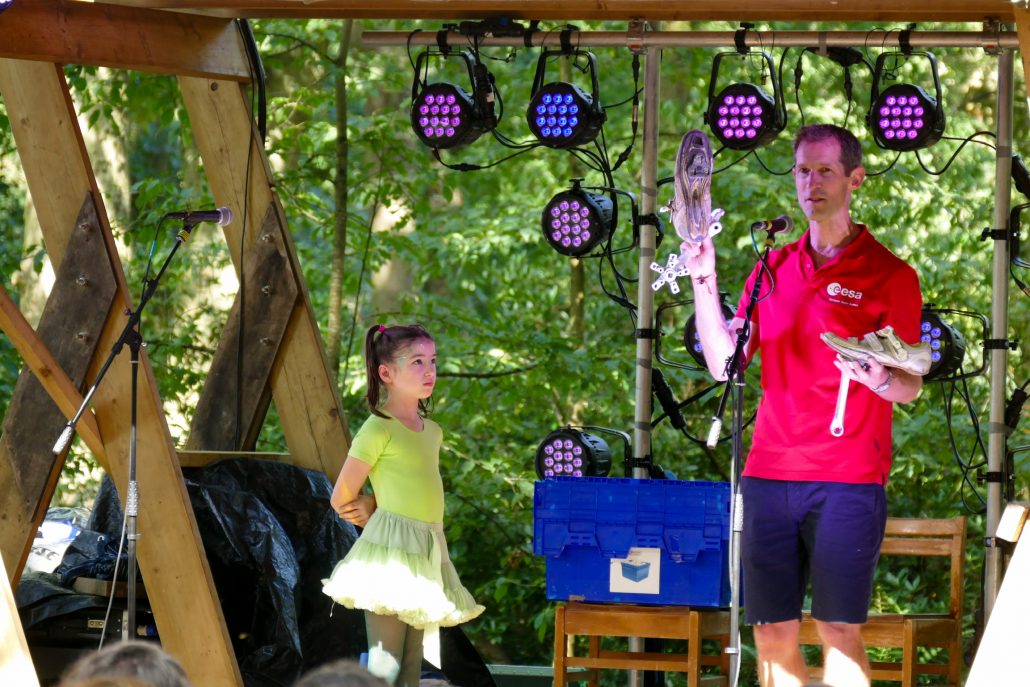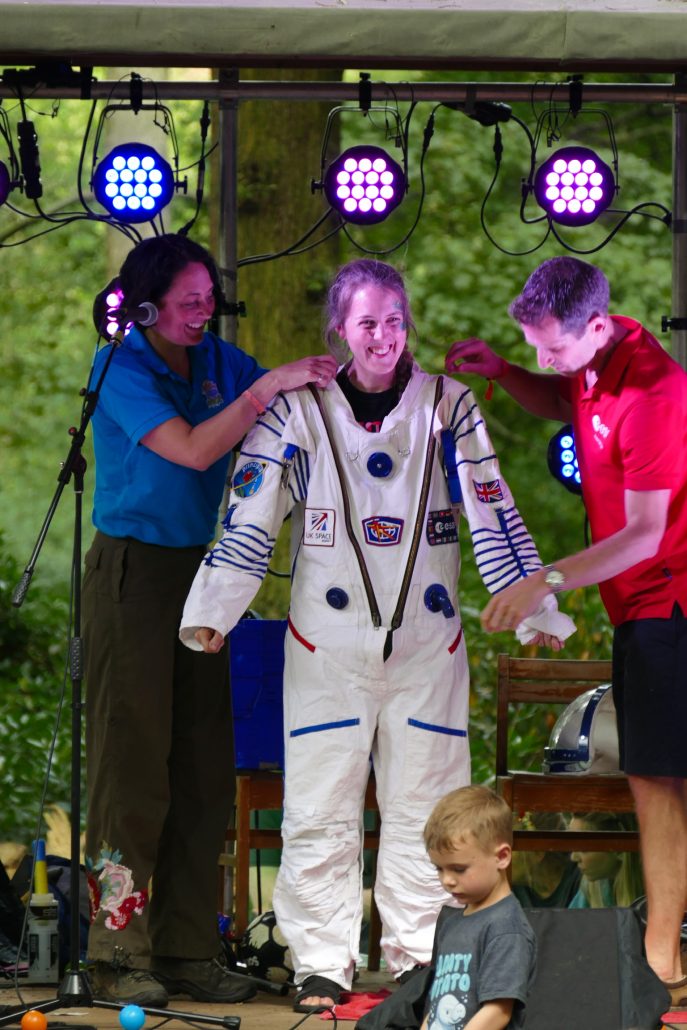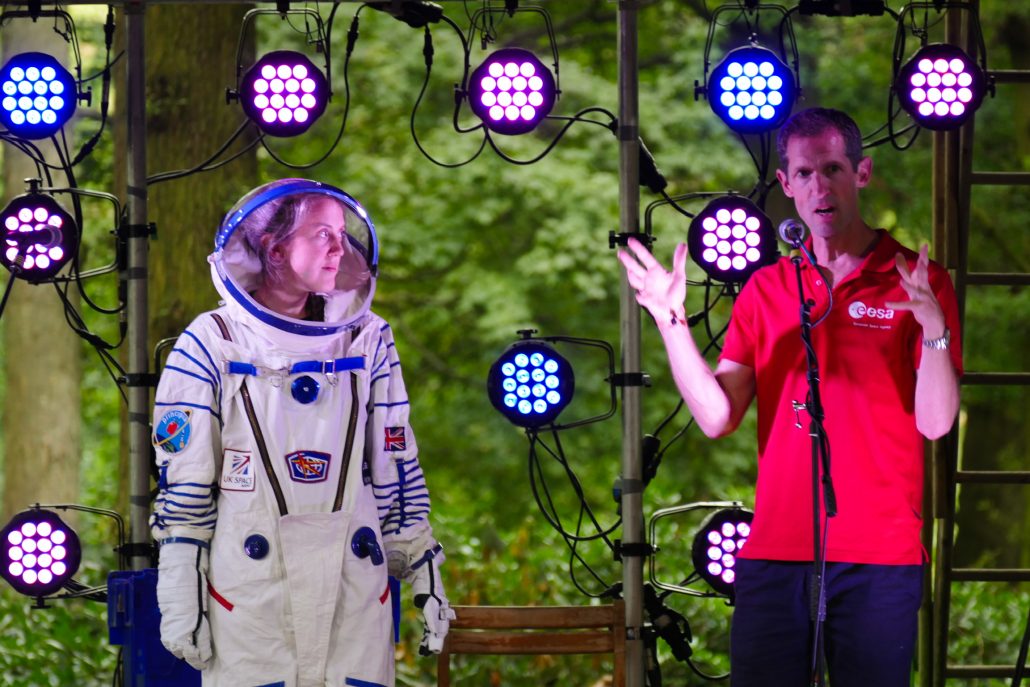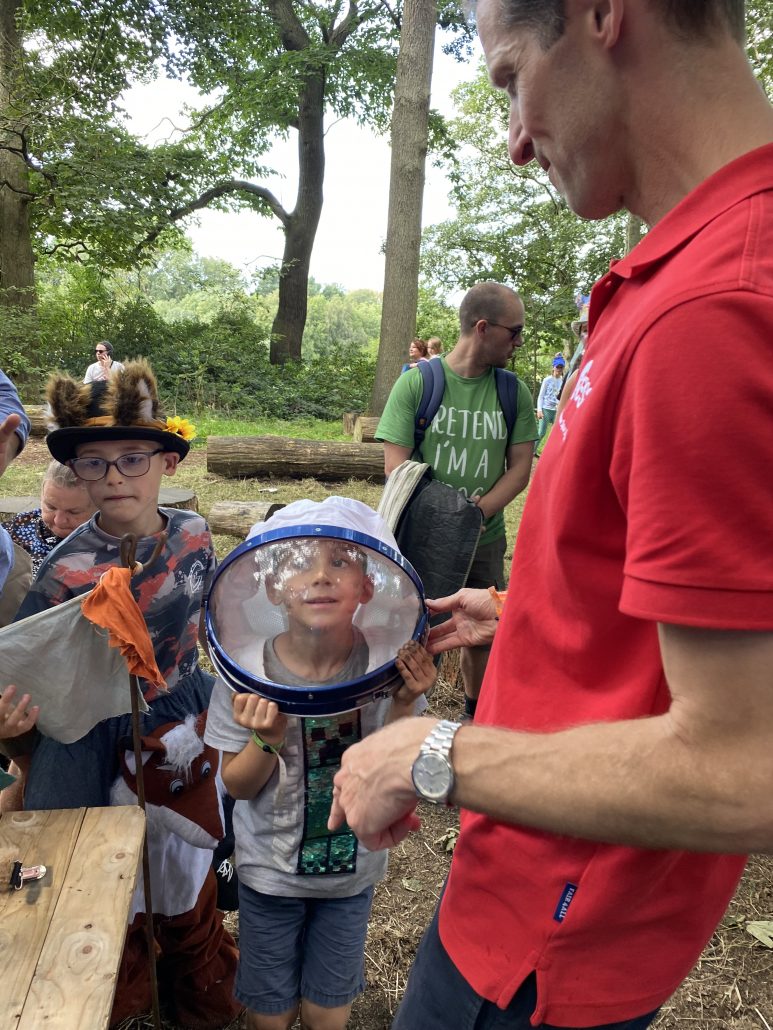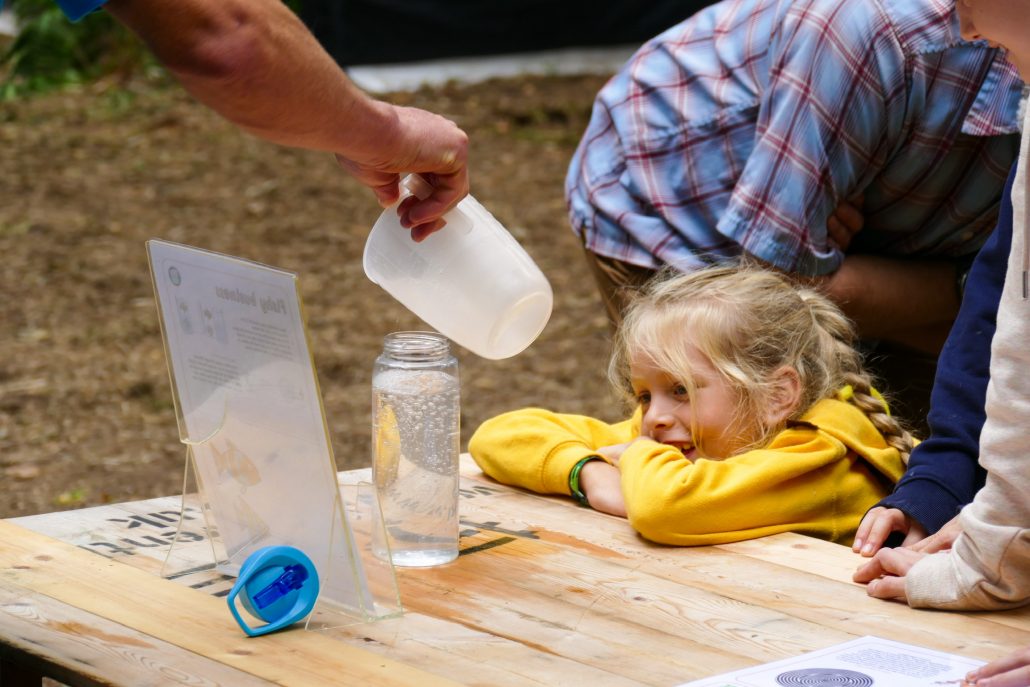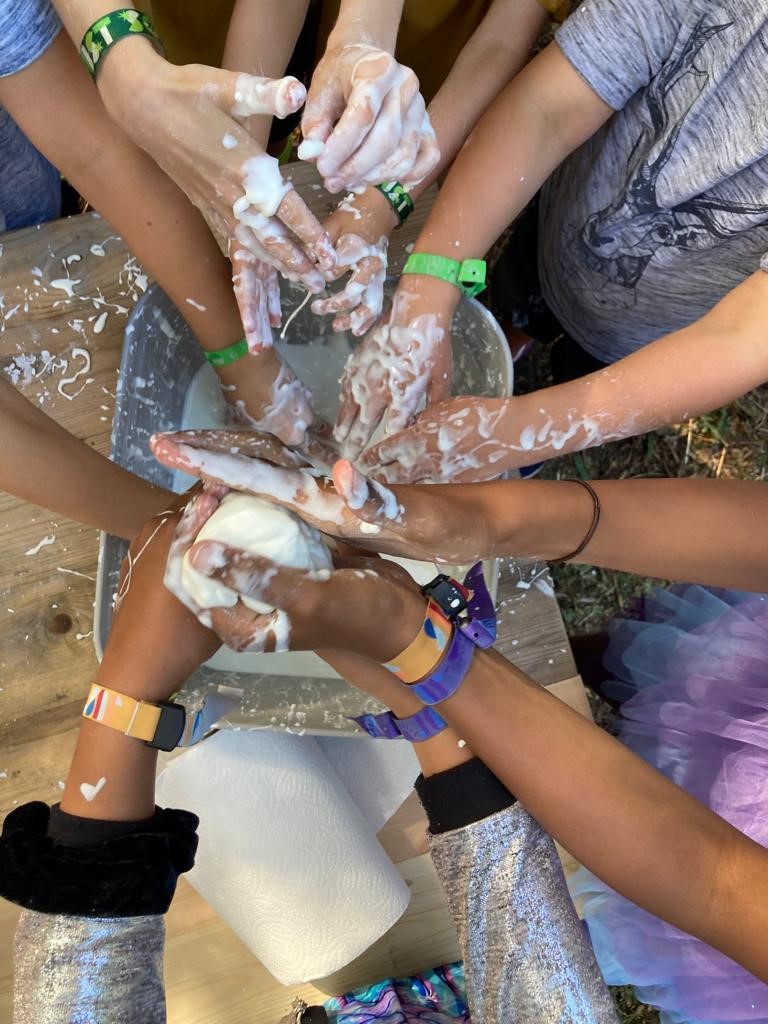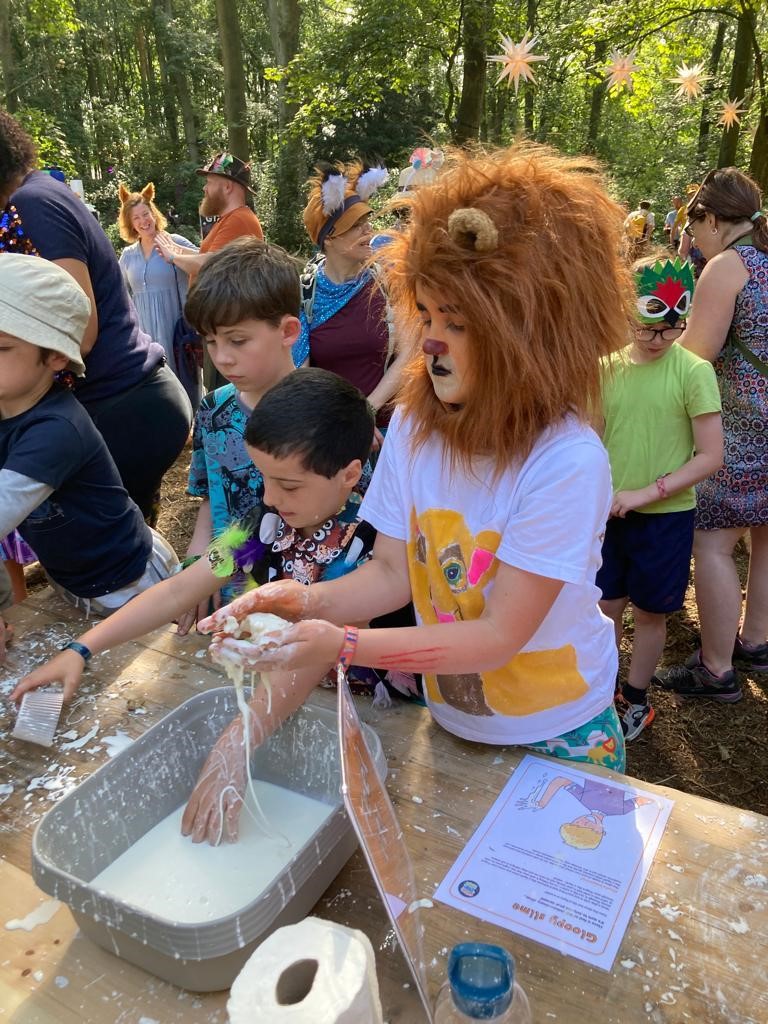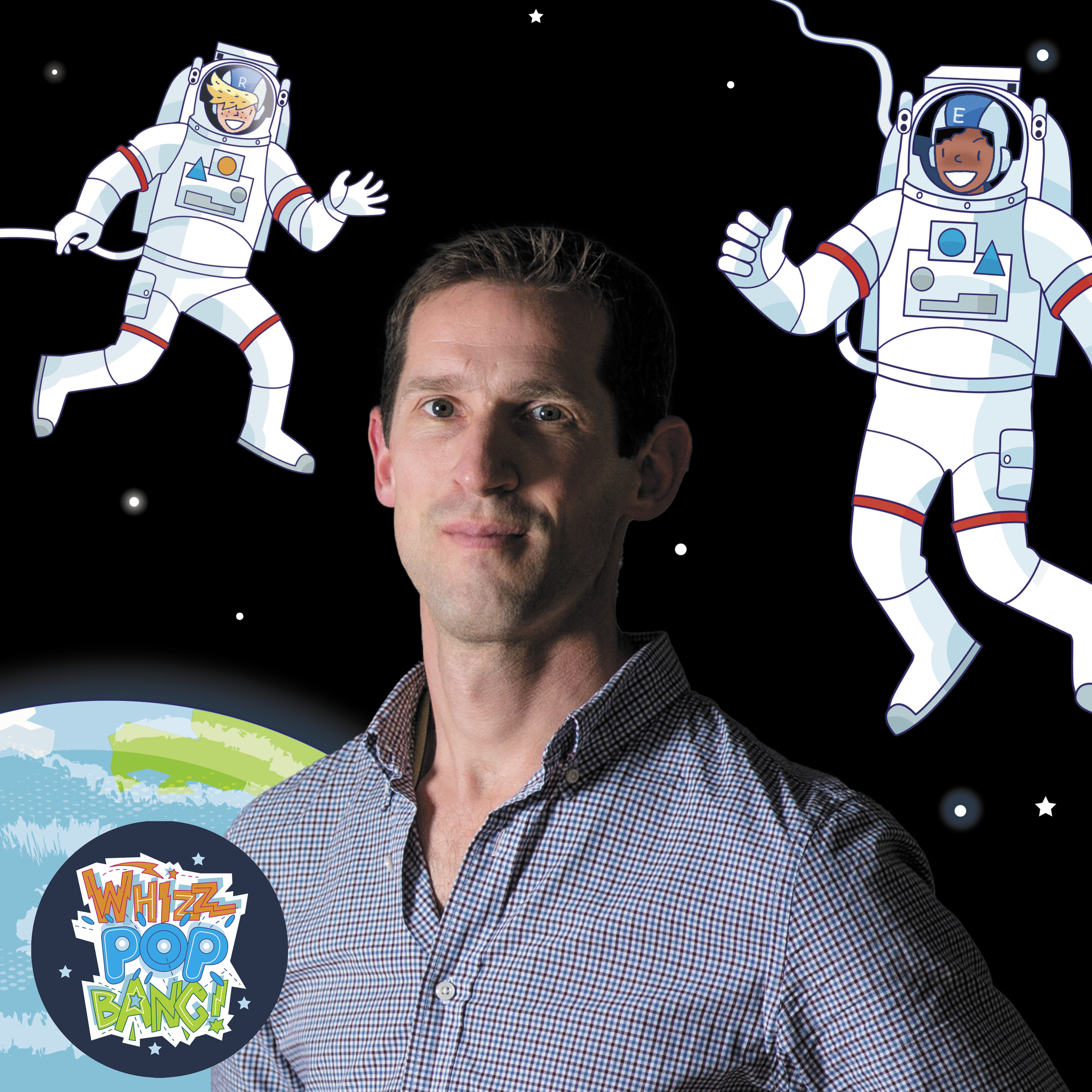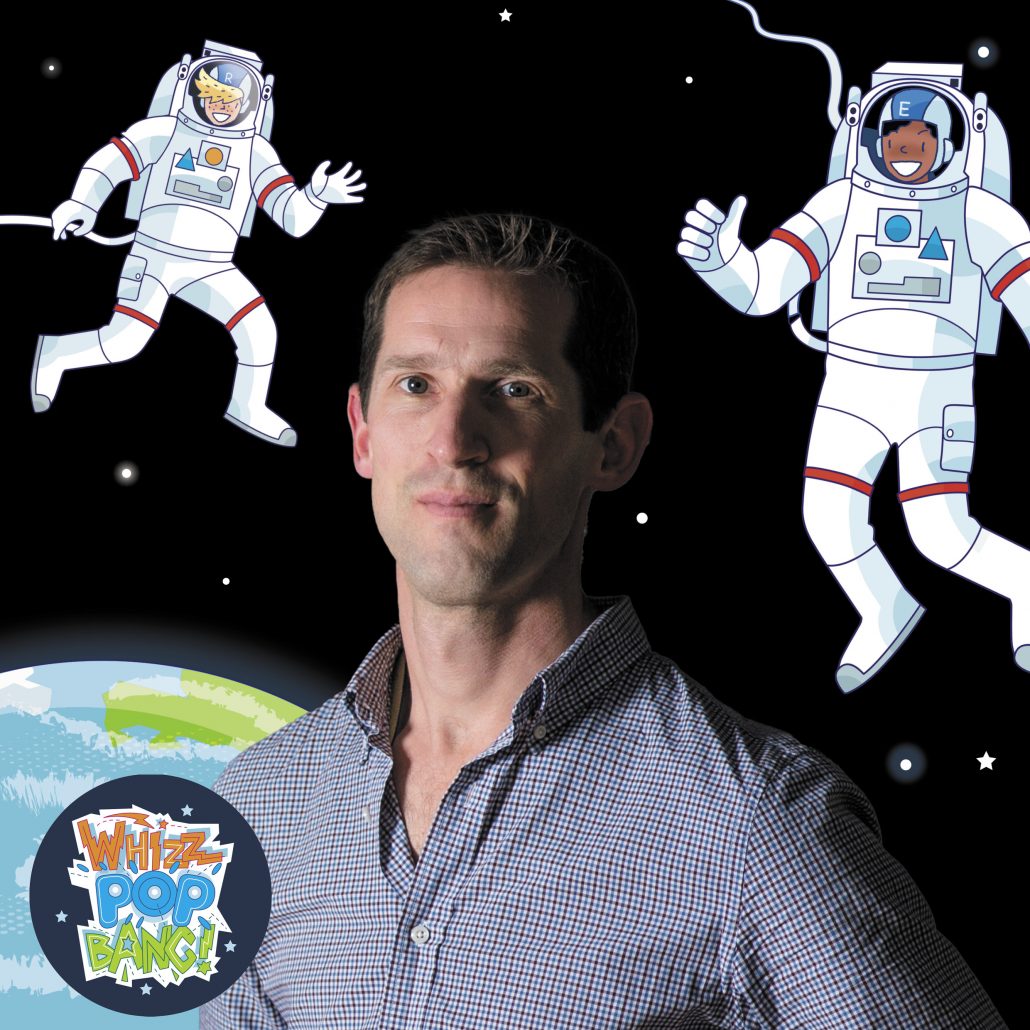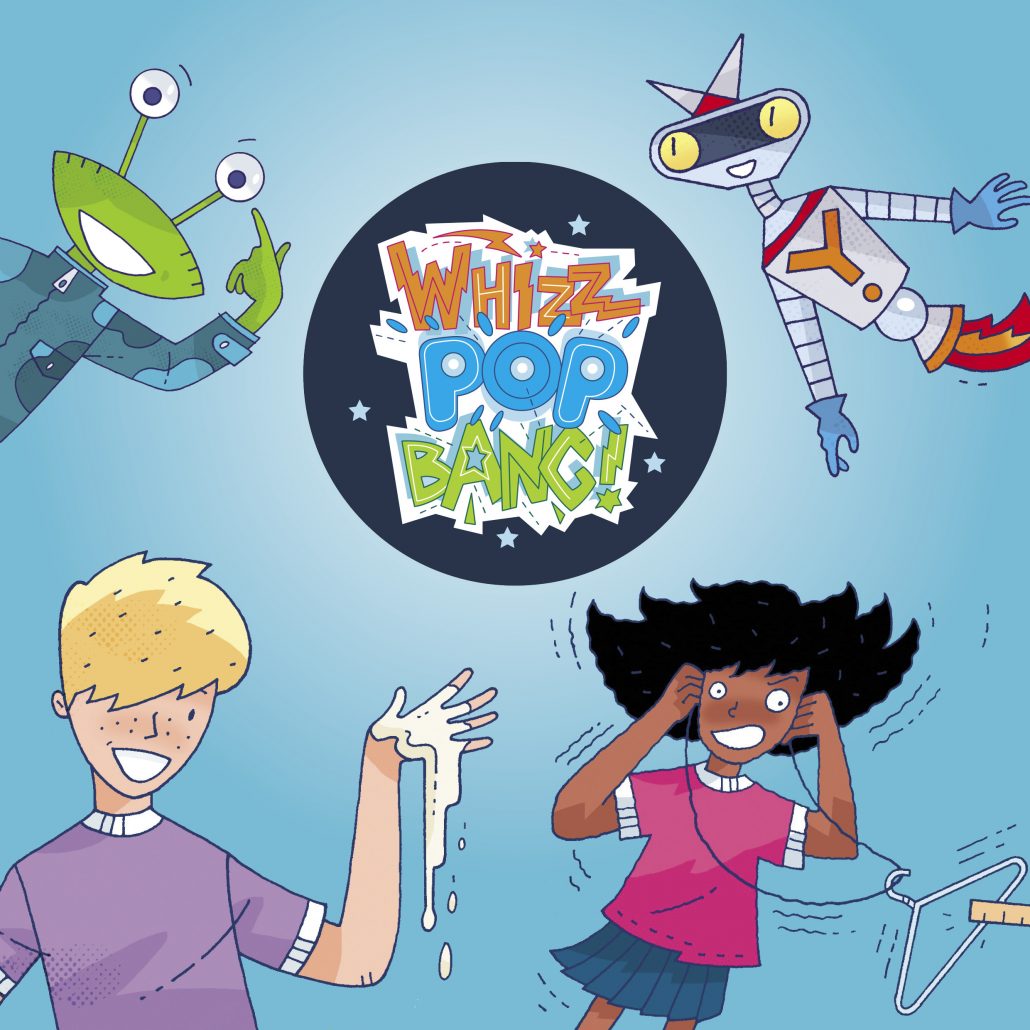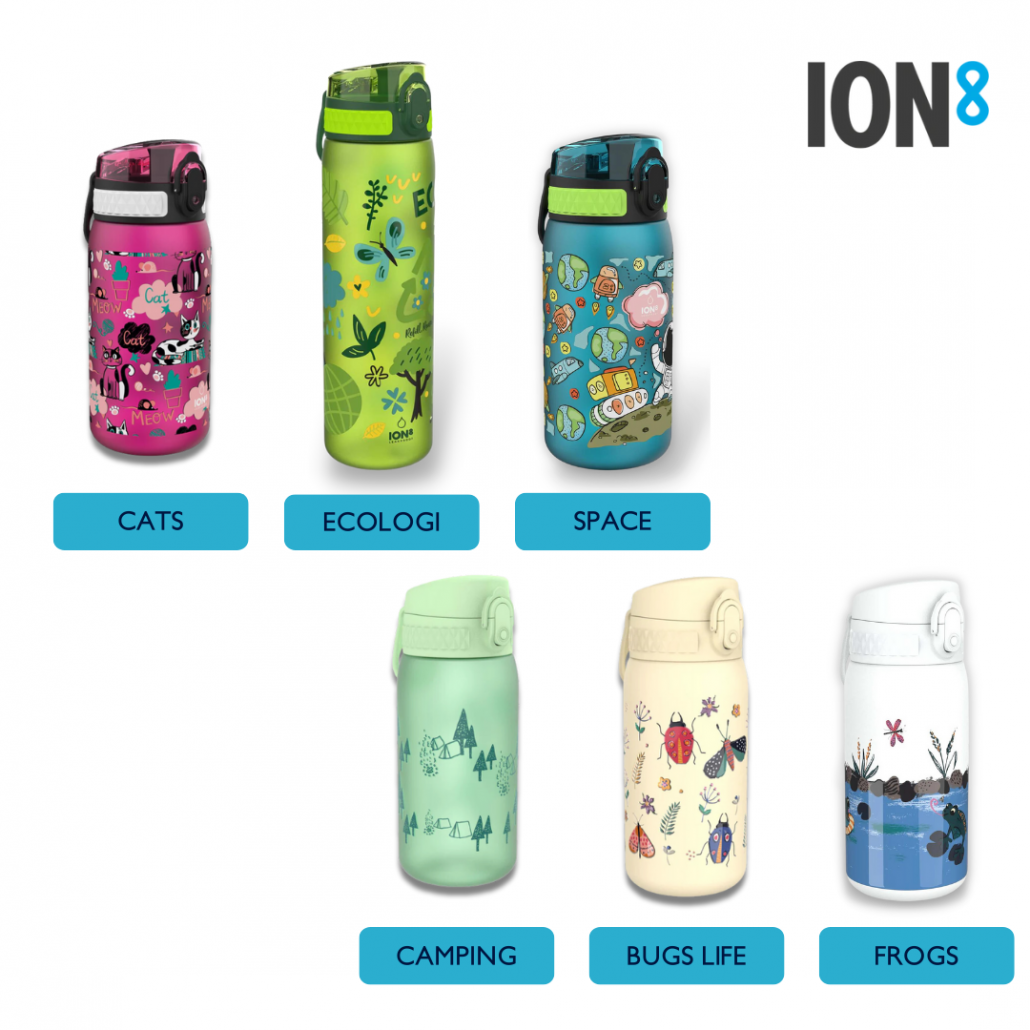The DFE published a new reading framework in July this year, which is a hefty read! The good news is that the main message remains the same – reading underpins everything. Children who develop a love of reading will succeed in their education and life; it is an important life skill. We have put together a quick outline of what you need to know from the framework to ensure your pupils gain enough ‘reading miles’.
FS2 and KS1
In F2 and KS1, phonic teaching is crucial and you should be doing daily direct phonics teaching following Systematic Synthetic Phonics (SSP). For those teachers among us who are old enough to remember, letters and sounds is an example of SSP. Check your phonics programme!
It is important for pupils to be given books that match their reading level so they should have access to books they are able to decode. It is also important that they are immersed in reading as often as possible – listening to stories, being read to, etc.
Book Corners
Book corners are always a key area of the classroom and should be like a mini library. They can often become muddled and overcrowded, making it very difficult for pupils to find a suitable text to read. The message from the framework is that these should be less cluttered; books should be chosen to match pupils’ level with a range of text types and there should be lots of books you have read as a class. At the beginning of the year, particularly in KS1, it would be good to include copies of the class favourites from the previous year.
Class reading
The framework states clearly that reading time should not be a filler activity, for example while you are taking the register, as this devalues it. Pupils should have quiet reading time and the best place for them to sit and read is at their desks.
When teaching reading, pupils should be given short texts or extracts from a story. If you are using extracts from a story, try and give them several extracts. Ideally, it could be from the class reader or they should have access to read the whole text.
Reading to your class
Story time in any class should be a special time and should be scheduled into your timetable. Kids love listening to adults read and they gain so much from it. Often, they will hear a story or text they could not access independently. It’s important to think carefully about which class readers you choose. These should vary in text types and should not always be a story. Poems, non-fiction books and good quality magazines are just as important to share as a whole book. Pupils need to be exposed to a wide range of vocabulary as this will help them to develop as a reader.
Reading partners
Setting up reading partners within your class or with another year group can be successful if organised well. It does require time and training to make it work but it can be invaluable and add to pupils’ ‘reading miles’.
Organising reading as a school
It is important that there is a wide range of reading resources in the school and these have been thought through carefully. Each year group could be given a box of class readers which they read each year. This works well as it’s easy for staff to find out what they have read before.
As a school, there should be dedicated quality time given to reading. The framework does give some useful tables with questions which help you to audit your provision.
I think this quote taken from the framework is key:
“Pupils must be offered a feast of books: easy reads, books about how things work, graphic novels, joke books, irreverent books, books about animals – anything that might hook them into reading – as well as the more challenging books they will listen to in story times and study in English lessons. For some pupils, the hook into reading may be non-fiction, for example, a book on climate change recommended by a science teacher. Importantly, they need to be offered books they might choose to read over and over again.” DFE Reading Framework, July 2023
Whizz Pop Bang science magazine is perfect for pupils in years 2-6. It is full of high-quality texts which introduce science to pupils in a child-friendly way without dumbing down the topic. We use a wide range of vocabulary and cover lots of different non-fiction text types.
